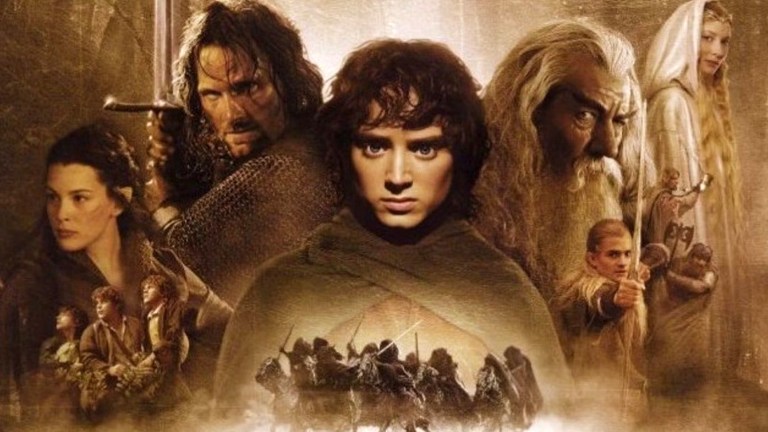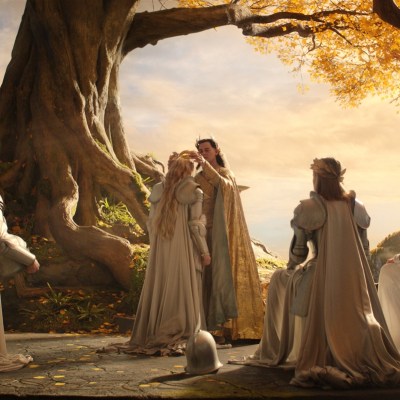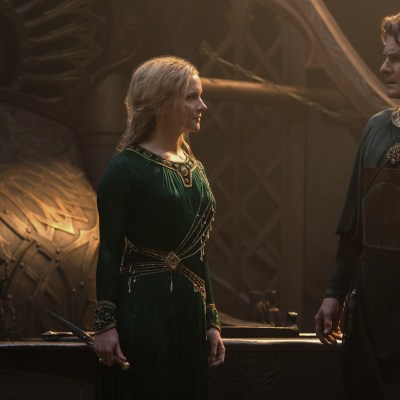Would Tolkien have approved?
More and more screen adaptations of the works ofJRR Tolkienare in development these days.
Discovery announced in February that new films are also in development.

But while Marvel fans have largely embraced the MCU, Tolkien fans are far more skeptical.
In fact, Tolkiens own attitude towards films based onThe Lord of the Ringswithin his lifetime was fairly pragmatic.
He had clear views on what he did not want.

He intensely disliked Walt Disney Studios, so he would have been glad they are not involved.
(Arthur Rackham was an English artist famous for his illustrations of fairies and fairy tales.)
He thought an abridgement [of the story] by selection with some good picture-work would be pleasant…

I am quite prepared to play ball, if they are open to advice.
He and his publisher Stanley Unwin had agreed on a policy of Art or Cash.
Either very profitable terms indeed; or absolute authors veto on objectionable features or alterations.
Tolkien noted that Boromir had been misspelled as Borimor and that Radagast had become, inexplicably, an Eagle.
In 1958, Tolkien wrote a detailed letter on the Zimmerman script, listing his numerous complaints.
But Tolkien wasnt opposed to all changes.
What really mattered to Tolkien were the ethics of the story.
He also said he would resent changes to the characters even more than the spoiling of plot and scenery.
Tolkien was writing about an adaptation ofThe Lord of the Ringsspecifically.
And there is some truth to that label.
The Appendices toThe Lord of the Ringsoffer a very brief timeline of events covering thousands of years.
But the current screen adaptations are not quite that, either.
The central shape ofThe Rings of Powerfollows the history of Middle-earth described in Tolkiens books.
That is a different thing from wanting to write a sequel made up completely of new characters and storylines.
There is the general shape of a story, and many different retellings of that story from different authors.
Sometimes Helen goes willingly, sometimes she is taken against her will.
No single version is right or wrong they are all just different.
When it comes to the mythology of Middle-earth, Tolkien was constantly changing things himself.
Of his Middle-earth legends, the only major works published in his lifetime wereThe HobbitandThe Lord of the Rings.
Tolkiens feelings also changed over time not surprising for someone who lived to the age of 81.
He does not specify what he meant by that last part.
Thankfully, none of the major screen adaptations currently in production come under that heading.
But that is, once again, a subjective opinion.
Ultimately, none of us can know what an author who died 50 years ago would think of something.
Anyone who claims they know what Tolkien would have thought is lying.
All of the J.R.R.